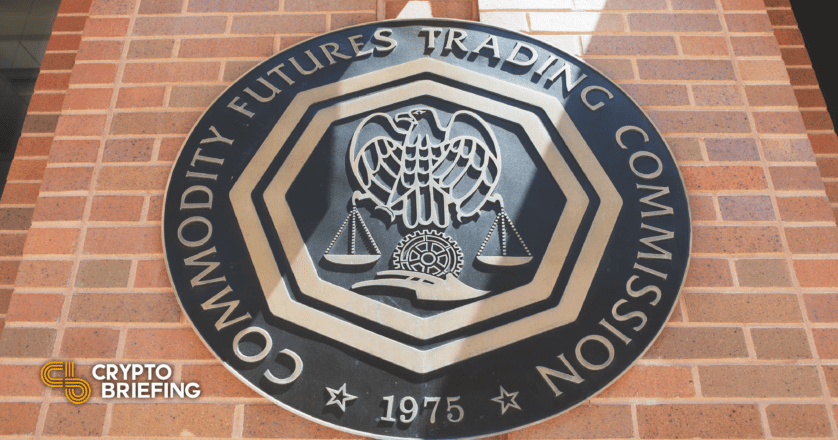CFTC Chair Considers Bitcoin and Ethereum to Be Commodities
CFTC Chair Rostin Behnam has said that he is "sure" that Bitcoin and Ethereum are commodities, not securities.

Key Takeaways
- The chair of the Commodities Futures Trading Commission has stated his belief that Bitcoin and Ethereum are clearly commodities.
- He claimed that the digital asset space contained both commodities and securities, and properly regulating them would require separating them out.
- The remarks come in a watershed year for crypto regulation, with governments around the world acting to enact new rules to suit the industry.
Share this article
Commodity Futures Trading Commission (CFTC) Chair Rostin Behnam has expressed his belief that Bitcoin and Ethereum are commodities, though the digital asset market contains commodities and securities alike. He therefore argued that separating out which is which will be a necessary step toward proper regulation.
Digital Commodities
Bitcoin and Ethereum are both commodities, according to the chair of the CFTC.
Rostin Behnam, Chair of the Commodities Futures Trading Commission, said today in an interview with CNBC that he was “sure” that both Bitcoin and Ethereum are commodities. He did so within the context of arguing that the vast array of digital assets includes both securities and commodities, and that it was the job of regulators to parse out which are which:
“Within the sphere of digital assets and the coins which make up thousands of thousands, they are naturally going to be some commodities and securities. In my view, it makes sense to sort of parse through the two and figure out where we can place each.
Proper oversight of the crypto industry, if it is to be done correctly, cannot skip this important step, despite its difficulty:
It’s going to be difficult from a legislative standpoint, and given the novelties of some of these coins and the technology, we going to have to figure out what will constitute the security under the traditional securities law and what would constitute more of a commodity so that we can regulate appropriately, given the two different legal structures.”
Most notably, perhaps, was Behnam’s stance on Bitcoin and Ethereum, which are easily the dominant crypto assets by market capitalization. Without hesitation, he stated unequivocally that he considered both to be commodities:
“I can say for sure Bitcoin, which is the largest of the coins and has always been the largest regardless of the total market cap of the entire digital asset market capitalization, is a commodity. Ether as well. I have argued this before, my predecessors as well said it is a commodity. There may be, in fact, hundreds, if not thousands of security coins, but there are plenty of commodity coins that I think it makes sense, as we’ve done historically, to make sure that each agency has jurisdiction over commodities and securities, respectively.”
When asked about a bill pending in the Senate that would place the majority of digital asset regulation under the purview of the Securities and Exchange Commission, Behnam said that the two agencies have a “great relationship historically,” and they continue to work closely together; nevertheless, he emphasized his belief that the CFTC should regulate commodities and SEC should regulate securities.
Still, he emphasized the need for regulation and implied it would be a boon for the industry, arguing that robust consumer protections were the very reason for the success of American commodities and securities markets. Further, he bemoaned the lack of consumer protection within the crypto industry in particular and pointed to its negative consequences:
“Last week, a lot of people got hurt, a lot of value was lost in the market, and there really are no customer protections right now. We have a number of state-level regulations and oversights but in terms of market oversight, in terms of disclosures, we don’t really have much right now as it relates to traditional financial markets… We need to put forward a regulatory framework that will protect customers, make appropriate disclosures and ultimately, for those who support the industry, support its growth and maturity over the next couple of years.”
2022 is expected to be a watershed year in crypto regulation, with growing signs that a number of government bodies around the world taking action to ensure the nascent field is brought under more comprehensive and industry-specific rules. Last week, one senior international securities official predicted the launch of an official, global cryptocurrency regulatory body within the next year, and earlier this year President Joe Biden signed an executive order instructing federal agencies in the United States to develop a comprehensive framework for cryptocurrency regulation.
Disclosure: At the time of writing, the author of this piece owned BTC, ETH, and several other cryptocurrencies.
Share this article
